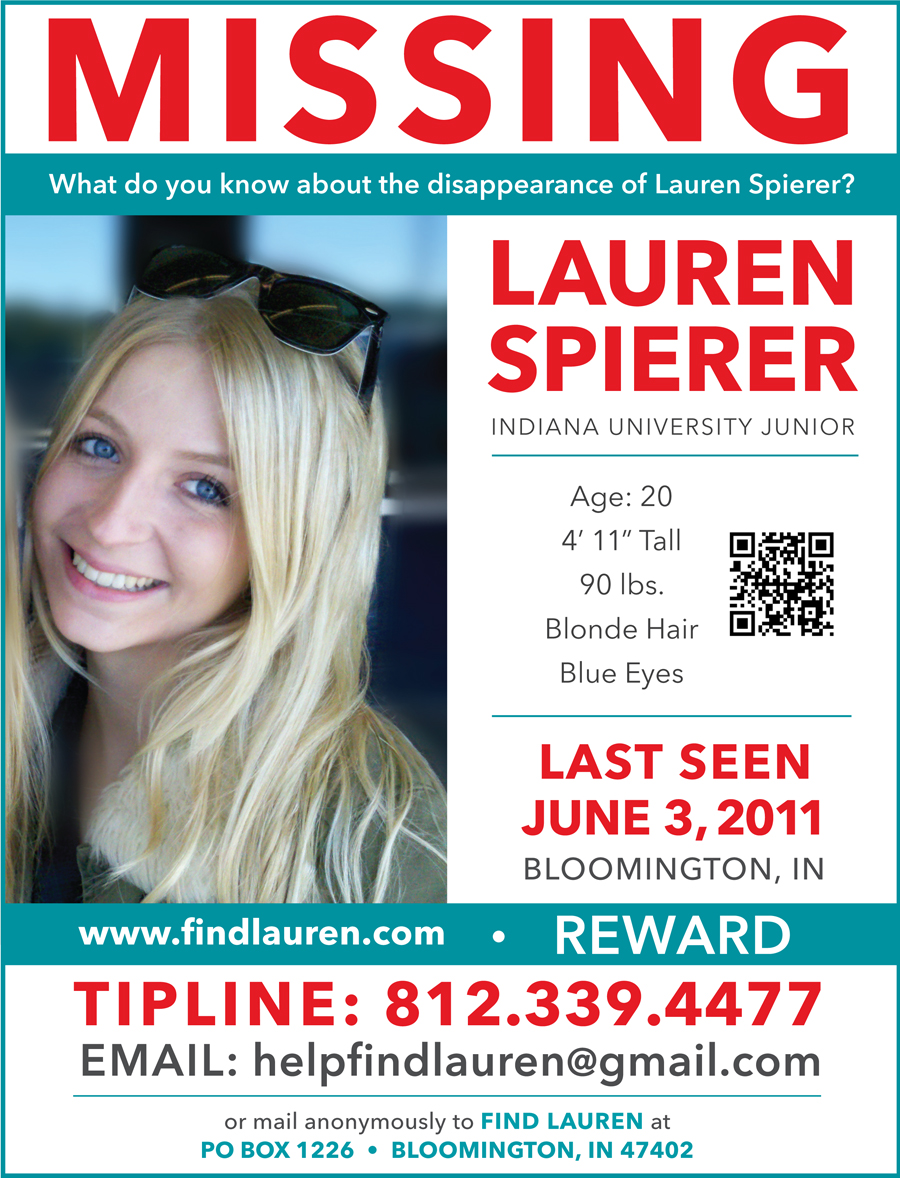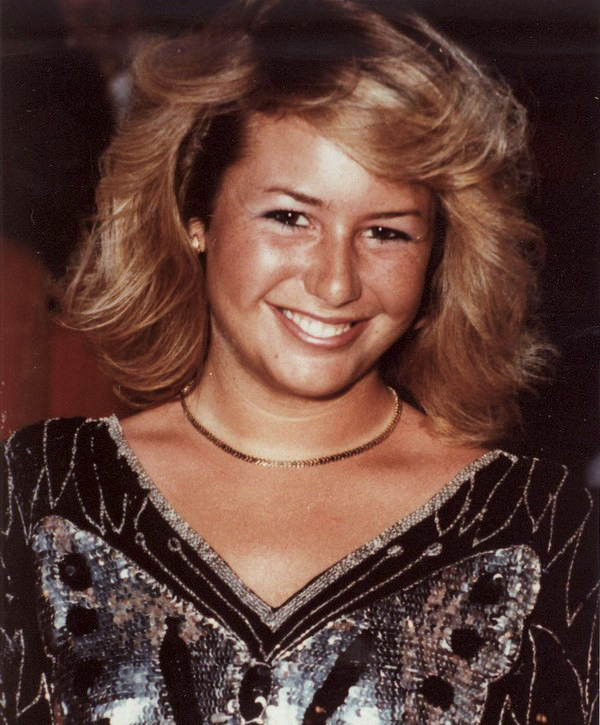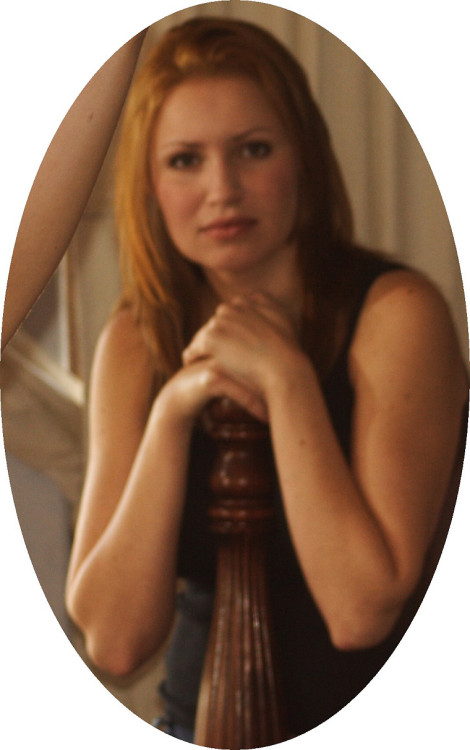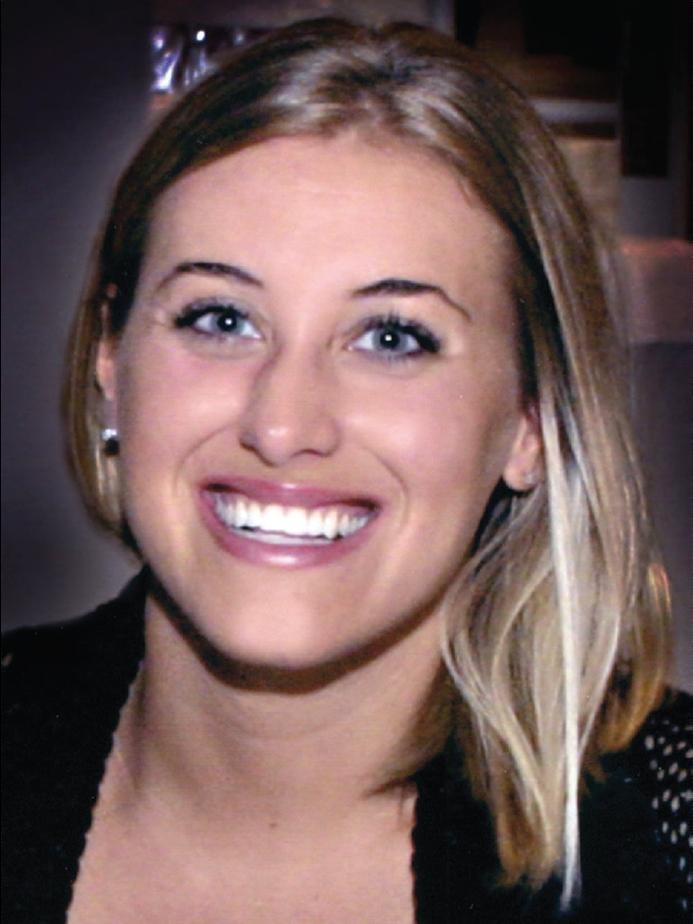State calls defense motions "in limine" lemons
 Thursday, January 20, 2011 at 7:37PM
Thursday, January 20, 2011 at 7:37PM “… most convictions result from the cumulation of bits of proof which, when taken singly, would not be enough in the mind of a fair minded person. All that is necessary, and all that is possible, is that each bit may have enough rational connection with the issue to be considered a factor contributing to an answer.”
- Judge Learned Hand in United States v. Pugliese, 153 F.2d 497, 500 (2d Cir. 1945)
The state of Florida just filed its response to several motions in limine filed by Casey Anthony’s defense. Remember, in limine is just a fancy Latin way of saying “on the threshold.” They are motions filed asking the court to prohibit or limit certain testimony or evidence at trial. In this case, the prosecution struck back at seven of them, as if that’s a lucky number. I guess it depends on how Judge Perry interprets the law, which means that luck will have no bearing at all. They are:
- Motion in Limine to Preclude Testimony or Alleged Statements of Witness Anthony Lazaro Connected to Inquiries, Conversations, or Interrogation by Corporal William Edwards Related to Sexual Relations with the Defendant
- Motion in Limine to Preclude Testimony Connected to Questions and Responses of Witness Anthony Rosciano in the Interview by Corporal Yuri Melich and Sergeant John Allen Related to Sexual Relations with the Defendant
- Motion in Limine Regarding any Testimony that the Defendant has a History of Lying and/or Stealing
- Motion in Limine Regarding Testimony of Neighbor Brian Burner in Reference to the Shovel
- Defense Motion to Exclude Irrelevant Evidence of Tattoo
- Motion in Limine to Prohibit the Use, in any fashion of Internet MySpace References Attributable to the Defendant as “Diary of Days”
- Motion in Limine to Prohibit the Use, in any fashion, of a Posting on the Internet MySpace References Attributable to Cindy Anthony, the Mother of the Defendant
Before I go any further, I must address a couple of things. I realize the prosecution and defense are not competing against each other in a spelling bee, but wouldn’t you think they would know how to spell Lazzaro and Rusciano by now? After all, both men will be crucial to the case, especially Lazzaro. Oh, and what’s with all those capital letters, if I may add my 2 cents worth? With all of the other letters capitalized, at least the $3.00 and $5.00 words, what happened to fashion, and since when was Myspace written with a capital S ? If you believe it’s MySpace or My Space, don’t think I didn’t do my homework. Am I nitpicking? Well, I guess it’s not all that important, except for the slight chance the defense will try to have the case thrown out on a technicality, which would be preposterous…
“Your Honor, my client dated Lazaro and Rosciano, not the other two guys.”
“Overruled.”
The defense was careful to point out the significance of following stringent due process standards established by the Supreme Court since this is a capital case and death is different. However, and in my opinion, each and every case argued in a court of law is important, regardless of its magnitude. I am certainly not alone in this view, and one thing any prosecution should never strive for is the conviction of an innocent person. This particular prosecution seems to be on the up and up and not overzealous. They are also much more organized than Casey’s defense, at least at this juncture, and they argue well. For example, the response was quick to point out that “in order for any evidence to be excluded, the evidence would have to have the effect of inflaming the jury, or improperly appealing to the juror’s emotions.” This is a recurring theme in the state’s rebuttals.
In some cases, it’s just plain common sense that should dictate the judge’s decision on the in limine motions filed by the defense. I understand fully the reasons why a good defense files a lot of motions, one of which I have explained before; that you throw everything at the wall and hope something sticks, and if all else fails, throw the kitchen sink and pray it pokes a giant hole in the wall the prosecution has built. “Relevant evidence is relevant evidence, hearsay is hearsay, and improper character evidence is improper character evidence despite the crime or the penalty.” Rules of evidence “should never be abrogated or applied any differently” because of the punishment the defendant is facing. In other words, it is what it is, or what you see is what you get. Florida Statute 90.401 states that relevant evidence is evidence tending to prove or disprove a material fact. The prosecution cited this statute and a quote from McCormick on Evidence §185 that says relevant evidence “has a tendency to establish a fact in controversy or to render a proposition in issue more or less probable. To be probable, evidence must be viewed in light of logic, experience and accepted assumptions concerning human behavior.” One way to look at this is simple. In and of itself, to borrow a neighbor’s shovel is meaningless, but coupled with other bits of circumstantial evidence, a clearer picture may arise about why the shovel was borrowed and for what purpose. As the state wrote, “Each item of evidence is a link in the chain of proof.” Also, as Judge Learned Hand wrote, “[I]ndividual pieces of evidence, insufficient in themselves to prove a point, may in culmination prove it,” because the “sum of an evidentiary presentation may well be greater than its constituent parts.”
ARGUMENT REGARDING MOTION IN LIMINE TO PRECLUDE TESTIMONY OR ALLEGED STATEMENTS OF WITNESS ANTHONY LAZARO [sic] CONNECTED TO INQUIRIES, CONVERSATIONS OR INTERROGATION BY CORPORAL WILLIAMS [sic] EDWARDS RELATED TO SEXUAL RELATIONS WITH THE DEFENDANT and MOTION IN LIMINE TO PRECLUDE TESTIMONY CONNECTED TO QUESTIONS AND RESPONSES OF WITNESS ANTHONY ROSCIANO [sic] IN THE INTERVIEW BY CORPORAL YURI MELICH AND SERGEANT JOHN ALLEN RELATED TO SEXUAL RELATIONS WITH THE DEFENDANT
As I argued in an earlier post about the rather sticky subject of sex, the state was careful in wording its response. The relationship with Rusciano predated the disappearance of Caylee, so what transpired in the bedroom is of little to no value. Lazzaro’s, however, is a different story. Casey slept with him every night after Caylee was last seen. This continued until he left for New York, but of importance is what Casey was like. Common sense tells us that a mother, ANY MOTHER, would be so incredibly desperate to find her missing child, sexual intimacy would be totally out of the question.
The state adds that “the existence of an intimate relationship between the two during the time frame when Caylee Anthony was last seen and when she was reported missing by her grandmother is highly relevant.” I certainly agree. According to Lazzaro, Casey never mentioned her missing daughter to him other than to tell him she was with her grandmother, Cindy, or the nanny. This is extremely important in painting a picture of Casey’s demeanor on June 16, when the state says Caylee was last seen, through July 15, when the party door slammed shut. When Lazzaro learned of the “kidnapping”, one of his first text messages to Casey expressed incredulity that she never told him anything about it the whole time she was with him. How odd.
ARGUMENT REGARDING MOTION IN LIMINE REGARDING ANY TESTIMONY THAT THE DEFENDANT HAS A HISTORY OF LYING AND/OR STEALING
As Cindy once said, a liar does not a murderer make. That’s true, but when it’s part of the time frame between June 16 and July 15, should it matter? The state acknowledges the difficulty of bringing it up if Casey never takes the stand and cannot be cross examined. There is also the issue over how long Casey had been doing it. Most of her life? While Cindy pursued the truth about her granddaughter and Casey continued to lie, I don’t see any evidence that this was the first time Casey lied about anything. She was (and remains) a born liar. To be honest, I don’t know any murderer who desires to tell the truth about what they did, so this defense motion in limine, in my opinion, could go either way with the judge. The state says her lies are “relevant to the conciousness of guilt which may be inferred from such circumstances.” To me, inferred is too flimsy of a word.
ARGUMENT REGARDING MOTION IN LIMINE REGARDING TESTIMONY OF NEIGHBOR BRIAN BURNER IN REFERENCE TO THE SHOVEL
 If you ask me, this one’s a no brainer and I shouldn’t have to cite anything from the state’s official response. Common sense dictates the answer. The child was missing long before anyone knew it, the car smelled like there was a dead body in it, a shovel was borrowed, but not used, and the body was eventually found tossed in the woods around the corner from the house. I say, if the judge decides the shovel is of no relevance because it “could” have been used to dig up some nonexistent bamboo roots, then the remains must be tossed, too, because there’s no solid proof Casey “could” have thrown them in the woods. Or did. Does that make sense? Good. By the way, I have bamboo in the front yard and I’ve never seen a root, let alone tripped over one. It grows in clusters and most of it was grown here for a reason. Usually, you find it facing north because if buffers the cold wind that comes down from the north. It was used to help protect citrus from freezing air.
If you ask me, this one’s a no brainer and I shouldn’t have to cite anything from the state’s official response. Common sense dictates the answer. The child was missing long before anyone knew it, the car smelled like there was a dead body in it, a shovel was borrowed, but not used, and the body was eventually found tossed in the woods around the corner from the house. I say, if the judge decides the shovel is of no relevance because it “could” have been used to dig up some nonexistent bamboo roots, then the remains must be tossed, too, because there’s no solid proof Casey “could” have thrown them in the woods. Or did. Does that make sense? Good. By the way, I have bamboo in the front yard and I’ve never seen a root, let alone tripped over one. It grows in clusters and most of it was grown here for a reason. Usually, you find it facing north because if buffers the cold wind that comes down from the north. It was used to help protect citrus from freezing air.
As for the shovel, it will go hand in hand with what Brian Burner indicated he saw. On three separate days, the defendant backed a vehicle into the garage. That’s something he had never see her do before. We can draw our own conclusions, but the state left this question for the court: “Does the evidence of borrowing a shovel from the neighbor within two days of the child missing have a tendency to render a proposition in issue - that it was borrowed with the intent to conceal remains - - more or less probable?” You can decide for yourself.
ARGUMENT REGARDING DEFENSE MOTION TO EXCLUDE IRRELEVANT EVIDENCE OF TATTOO
 Once again, this is an easy one to figure out, and the state said it best in its final sentence about this motion. “The tattoo is relevant to show the Defendant’s state of mind during this time period, and the inscription obtained can certainly be read either as an epitaph for her daughter, or signaling a new beginning for herself.” Does this seem like a person waging their own investigation into the disappearance of their child?
Once again, this is an easy one to figure out, and the state said it best in its final sentence about this motion. “The tattoo is relevant to show the Defendant’s state of mind during this time period, and the inscription obtained can certainly be read either as an epitaph for her daughter, or signaling a new beginning for herself.” Does this seem like a person waging their own investigation into the disappearance of their child?
ARGUMENT REGARDING MOTION IN LIMINE TO PROHIBIT THE USE, IN ANY FASHION, OF INTERNET MYSPACE REFERENCES ATTRIBUTABLE TO THE DEFENDANT AS “DIARY OF DAYS”
and
ARGUMENT REGARDING MOTION IN LIMINE TO PROHIBIT THE USE, IN ANY FASHION, OF A POSTING ON THE INTERNET MYSPACE REFERENCES ATTRIBUTABLE TO CINDY ANTHONY, THE MOTHER OF THE DEFENDANT
I lumped these two motions together because they are similar, in my opinion. Casey wrote a passage in her Myspace page on July 7 that the defense attributes to a song written by Hayden Christianson. To be quite frank, I am of a completely different generation than Casey. As much disco/punk/goth/mosh/hip hop/etc., etc. styles that have passed by me through the years, and my own changes in music appreciation and lack thereof, I can’t make a call on it. Is it from a song? Is it from a poem? Did Casey make it up? Does it mean anything? I don’t know, and that’s where the wisdom of a judge takes control. Allow it and let the two sides battle it out if it’s all that important. The same thing is true with Cindy’s entry in her Myspace account. After not seeing her granddaughter for several weeks, she asked Lee to help her post an important message to Casey. As to the meaning of the posting, the state will not attempt to argue that Cindy knew her grandchild was dead. Cindy was desperately seeking Caylee and her daughter kept them apart. Casey ignored her mother’s pleas and this will show the relationship that existed between the two. There wasn’t much of one.
Well, there you have it. My thoughts on some of the motions that will determine the make-up of the impending trial. In order for the defense to mount a strong case, it will have to overcome the almost insurmountable evidence, albeit circumstantial, against their client. As of today, this is a case the state can readily win. Do I blame the defense for filing any of these motions? Of course not, but even if it wins 3 or 4 of them, it’s still quite an uphill battle. No matter what, how Casey acted during the month her daughter was missing will be her biggest hurdle to overcome.
One final thought regarding the $583 sanction against Jose Baez - I talked to an attorney about it and he said that it’s not necessarily a bad thing. I know Judge Perry refused to consider another look at it today, but sometimes a lawyer will find that the fine is worth it when it comes down to how much time the defense can buy to keep important information out of the state’s hands. Was this the case here? I can’t say, but in the long run, will it really hurt Baez? After the trial is over, life goes on and he continues to represent clients. Vita perseverat.
 Dave Knechel | tagged
Dave Knechel | tagged  Judge Learned Hand | in
Judge Learned Hand | in  Anthony Lazzaro,
Anthony Lazzaro,  Anthony Rusciano,
Anthony Rusciano,  Casey Anthony,
Casey Anthony,  Caylee Anthony,
Caylee Anthony,  Cheney Mason,
Cheney Mason,  Chief Judge Belvin Perry,
Chief Judge Belvin Perry,  Cindy Anthony,
Cindy Anthony,  Dave Knechel,
Dave Knechel,  David B. Knechel,
David B. Knechel,  David Knechel,
David Knechel,  Frank George,
Frank George,  Human Interest,
Human Interest,  In Limine,
In Limine,  Jeff Ashton,
Jeff Ashton,  Jose Baez,
Jose Baez,  Lee Anthony,
Lee Anthony,  Linda Drane Burdick,
Linda Drane Burdick,  Marinade Dave,
Marinade Dave,  Marinade Dave Knechel,
Marinade Dave Knechel,  Marinade Dave’s Caylee Anthony Posts,
Marinade Dave’s Caylee Anthony Posts,  Motion in Limine,
Motion in Limine,  Ninth Circuit Court,
Ninth Circuit Court,  Sgt. John Allen,
Sgt. John Allen,  Tony Lazzaro,
Tony Lazzaro,  Yuri Melich,
Yuri Melich,  marinadedave |
marinadedave | 













 LEGAL NOTICE
©David B. Knechel. All Rights Reserved. No portion of this site can be reproduced in it's entirety or in part without expressed written permission by the owner/administrator of this site in accordance with the Digital Millennium Copyright Act. Section 512(c)(3) of the U.S. Copyright Act, 17 U.S.C. §512(c)(3). The charges against defendants are mere accusations and the subjects are presumed innocent until found guilty in a court of law.
LEGAL NOTICE
©David B. Knechel. All Rights Reserved. No portion of this site can be reproduced in it's entirety or in part without expressed written permission by the owner/administrator of this site in accordance with the Digital Millennium Copyright Act. Section 512(c)(3) of the U.S. Copyright Act, 17 U.S.C. §512(c)(3). The charges against defendants are mere accusations and the subjects are presumed innocent until found guilty in a court of law.
